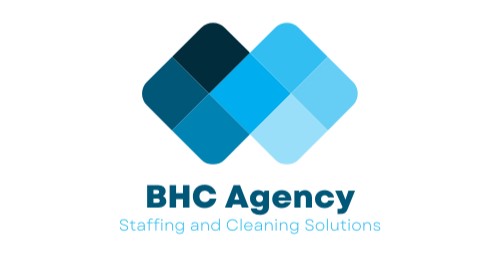In recent years, the landscape of employment has undergone a significant transformation with the rise of the gig economy. The traditional 9-to-5 job model is no longer the sole option for many workers.
Instead, freelancing, part-time work, and short-term contracts have become increasingly prevalent, offering both opportunities and challenges for job seekers in today’s dynamic market.
Embracing the Gig Economy: Opportunities Abound
Flexibility and Autonomy
One of the most appealing aspects of the gig economy is the flexibility it provides. Freelancers have the autonomy to set their own schedules, choose their projects, and work from virtually anywhere with an internet connection. This flexibility is especially attractive to individuals seeking a better work-life balance or those with caregiving responsibilities.
Diverse Income Streams
In the gig economy, job seekers have the opportunity to diversify their income streams by taking on multiple projects or gigs simultaneously. This can provide a level of financial stability that may be lacking in traditional employment models, where reliance on a single employer for income can leave workers vulnerable to economic downturns or layoffs.
Access to a Global Marketplace
The digital nature of many gig economy platforms means that job seekers are no longer limited by geographical boundaries. Freelancers can connect with clients and employers from around the world, expanding their opportunities and potentially earning higher rates than they would in their local market.
Skill Development and Growth
Gig work often requires individuals to wear multiple hats and adapt to different projects and clients. This constant variety can foster skill development and learning opportunities, allowing job seekers to expand their expertise and stay competitive in an ever-evolving job market.
Read more: 10 Essential Skills to Highlight on Your Resume in 2024
Challenges in the Gig Economy: Navigating the Roadblocks
Income Inconsistency
While the gig economy offers the potential for flexible work arrangements, it also comes with the downside of income inconsistency. Freelancers may experience periods of feast or famine, where work is either abundant or scarce. This unpredictability can make financial planning and budgeting more challenging.
Lack of Benefits and Protections
Unlike traditional full-time employment, gig workers often do not receive benefits such as health insurance, retirement plans, or paid time off. Additionally, they may not be covered by the same labour protections and regulations as employees, leaving them vulnerable to exploitation or unfair treatment by clients or platforms.
Isolation and Burnout
Working as a freelancer can be a solitary experience, lacking the camaraderie and support system found in traditional office settings. This isolation can lead to feelings of loneliness and contribute to burnout, particularly for those who struggle to maintain a healthy work-life balance without the structure imposed by a regular job.
Market Saturation and Competition
As the gig economy continues to grow, competition for gigs and projects becomes fiercer. Job seekers may find themselves vying for work against a global pool of talent, making it essential to differentiate themselves and continuously upskill to remain competitive.
Navigating the Gig Economy: Strategies for Success
Cultivate a Diverse Skill Set
To thrive in the gig economy, job seekers should focus on developing a diverse skill set that aligns with the demands of the market. Investing in continuous learning and staying abreast of industry trends can help individuals remain competitive and adaptable in an ever-changing landscape.
Build a Strong Professional Network
Networking is essential in the gig economy, as many opportunities arise through referrals and word-of-mouth recommendations. Job seekers should actively cultivate relationships with clients, colleagues, and industry peers to expand their opportunities and access new gigs.
Plan for Financial Stability
Given the income volatility inherent in gig work, it’s crucial for freelancers to plan for financial stability. This may involve setting aside emergency savings, diversifying income streams, and budgeting carefully during periods of high income to tide over leaner times.
Advocate for Fair Treatment and Protections
Gig workers should advocate for themselves and push for fair treatment and protections in the gig economy. This may involve advocating for better labour regulations, negotiating fair pay and contracts with clients, and seeking out platforms that prioritise worker rights and protections.
Conclusion
The gig economy presents both opportunities and challenges for job seekers, offering flexibility, diverse income streams, and access to a global marketplace, alongside income inconsistency, lack of benefits, and increased competition. By adopting a proactive mindset, cultivating valuable skills, building a strong professional network, and advocating for fair treatment, job seekers can navigate the gig economy successfully and thrive in today’s rapidly evolving job market.
At BHC Agency, we are constantly seeking talented individuals who are passionate about making a difference. Join us in shaping the future together by submitting your CV today!

